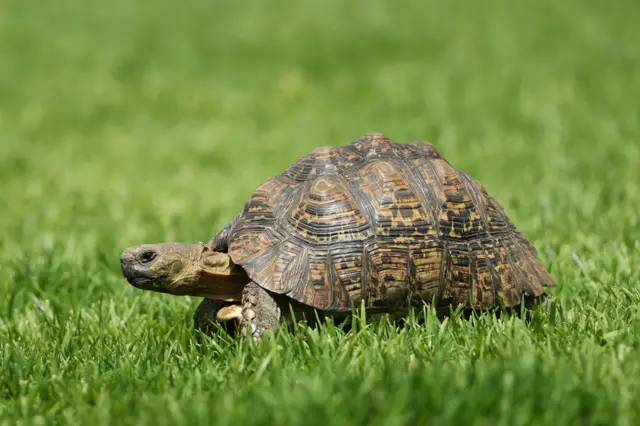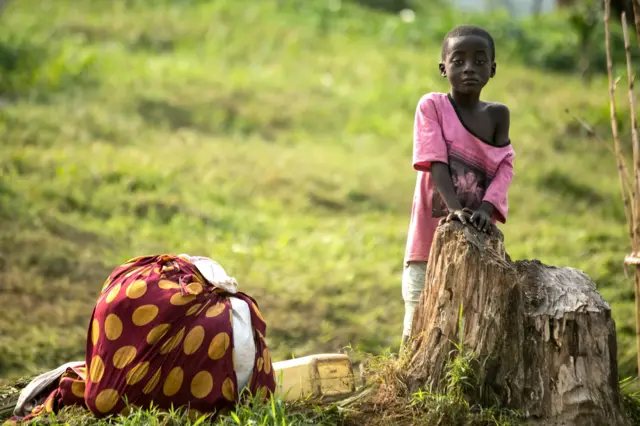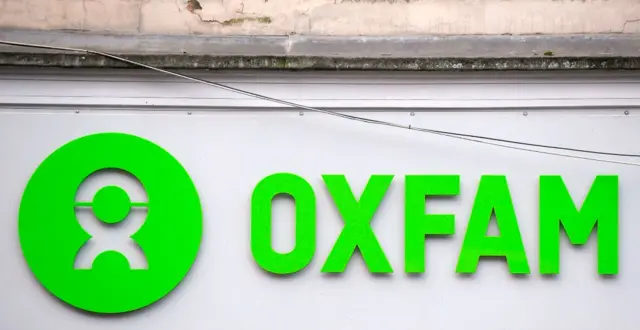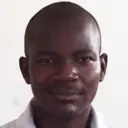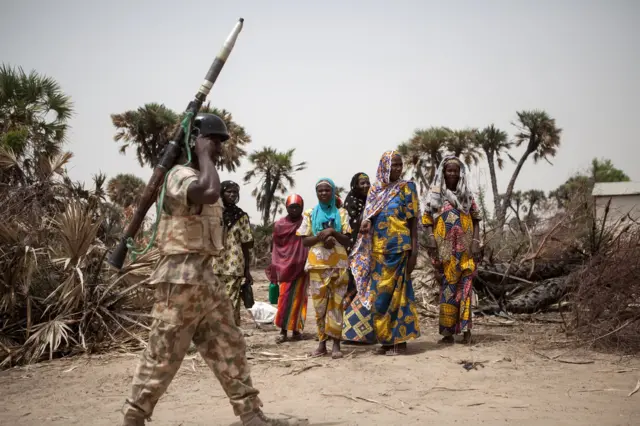Egypt arrests nearly 100 militants in Sinaipublished at 11:00 GMT 12 February 2018
 BBC World Service
BBC World Service
The Egyptian military has reported further success in a campaign launched last week against Islamist militants in the Sinai peninsula.
It said another 12 militants had been killed and almost 100 others arrested.
Reporting restrictions imposed by the Egyptian authorities mean the figures cannot be verified.
President Abdel Fattah al-Sisi has ordered the military to defeat Islamists in the region by the end of this month.
He gave the order in November after a gun and bomb attack on a mosque killed more than 300 people.
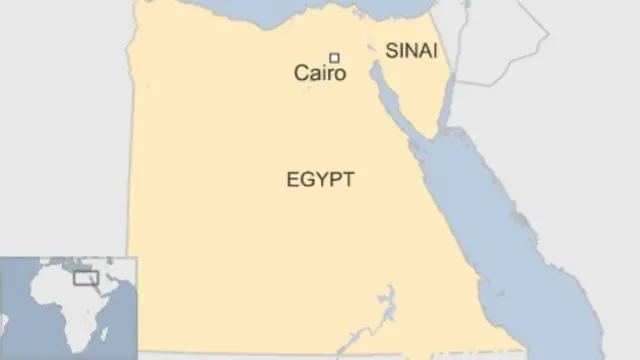
The IS Sinai affiliate, Sinai Province, has said it carried out many deadly attacks, mostly targeting the army. It also claimed the downing of a Russian airliner in October 2015, killing all 224 people on board.
Formerly known as Ansar Beit al-Maqdis, the group first appeared in September 2011 and rebranded itself with an IS pledge of allegiance in November 2014.
The group generally targets Egyptian security forces in northern Sinai but also claimed an attack on a tourist site in southern Sinai in April of last year.
